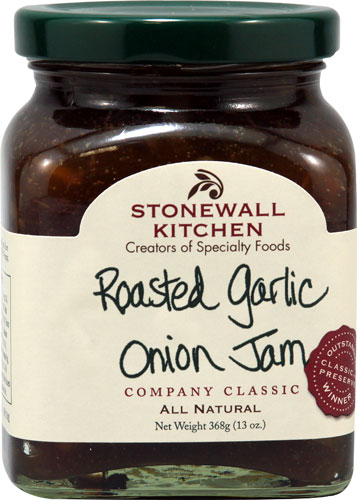Shopping a farmers market can be one of the great joys of summer.
Len Torine, executive director of the American Vegetarian Association, grew up walking through a wholesale farmers market nearly every morning as part of his father's produce business in Newark, New Jersey.
"I probably have a rose-colored, slanted view of farmers markets as a result of this -- walking through the outdoor corridors, being handed a cucumber by a farmer wanting to sell my dad a bushel," he says.
Millions of Americans can relate to that simple pleasure. But is farmers-market produce more healthful than what you find at a traditional supermarket?
The answer depends on which supermarkets you are using for comparison, and the farming practices used to grow the produce at an individual farmers market, Torine says.
"It totally depends on the sources," he says. "No pun intended, but consumers need to compare apples to apples."
Reasons to shop the farmers market
Some supermarkets offer produce that is just as nutritious as what you'll find in a good farmers market, Torine says.
"If you're going to Whole Foods, most of their produce is 'clean', or organic, so it may be as healthful -- or sometimes more healthful -- than the local farmers market," he says.
Jonathan Valdez, a New York-based registered dietitian nutritionist and nutrition consultant for Genki Nutrition, agrees.
"If you were to buy the same exact produce from the farmer's market and the grocery store, in general, it is safe to say that the nutrient content and healthfulness will be the same," he says.
However, farmers-market produce can offer some advantages.
"Some food may taste better because 'harvest to market' has a shorter time window," Valdez says.
In addition, Valdez and Torine agree that buying from farmers markets helps support local farmers.
While American farmers typically earn just 17.4 cents of every dollar spent on food in the U.S., about 90 percent of every dollar spent at a farmers market goes into their pockets, according to the Farmers Market Coalition.
Local farmers also may use growing practices that are more sustainable and less damaging to the environment.
"These smaller local farmers usually don't have the same growing methods as the giant agronomy corporate mega-farms," Torine says. "Most I've come across take great pride in using the best practices available."
Getting the most from a farmers market
To get the most out of farmers markets, you need to keep a few things in mind.
Choosing fruits and vegetables when they are in season is the best way to get a great deal, both in terms of price and quality. The USDA website offers a handy guide to help you determine which produce is in season.
Also, food safety can be a concern at some farmers markets that sell meat, eggs and dairy products, Valdez says.
"If you don't see the products refrigerated or iced with a thermometer below 40 degrees or less and wrapped, I would be cautious," he says. "You don't want bacteria (or a) virus transferring over from these foods to the fresh produce."
Other tips Valdez recommends to ensure a safe experience at the farmers market include:
- Verify that milk is pasteurized, or cheese is made with pasteurized milk.
- Prevent foodborne illnesses by bringing a cooler with ice for storage of raw foods.
- Find a station so you can wash your hands with soap for 20 seconds any time you eat a sample at the market.
Shoppers might also need to accept some limitations of farmers markets. For example, Torine likes to shop for organic produce, but he says the best he can do at farmers markets is typically "a scrawled, handwritten 'organic' sign on the product."
He sometimes will ask the attendant to clarify whether the produce was grown with natural fertilizer and without using dangerous pesticides.
"The attendants rarely have answers to these questions, and when they do respond, they're usually not certain," he says. "Therefore, you're on your own -- caveat emptor."
Despite these minor drawbacks, Torine remains a big fan of farmers markets.
"The smells alone -- being surrounded by fresh fruits and veggies -- are worth the trip," he says. "I don't get that at the local grocery store."
To find a local farmers market, check out the USDA website.




